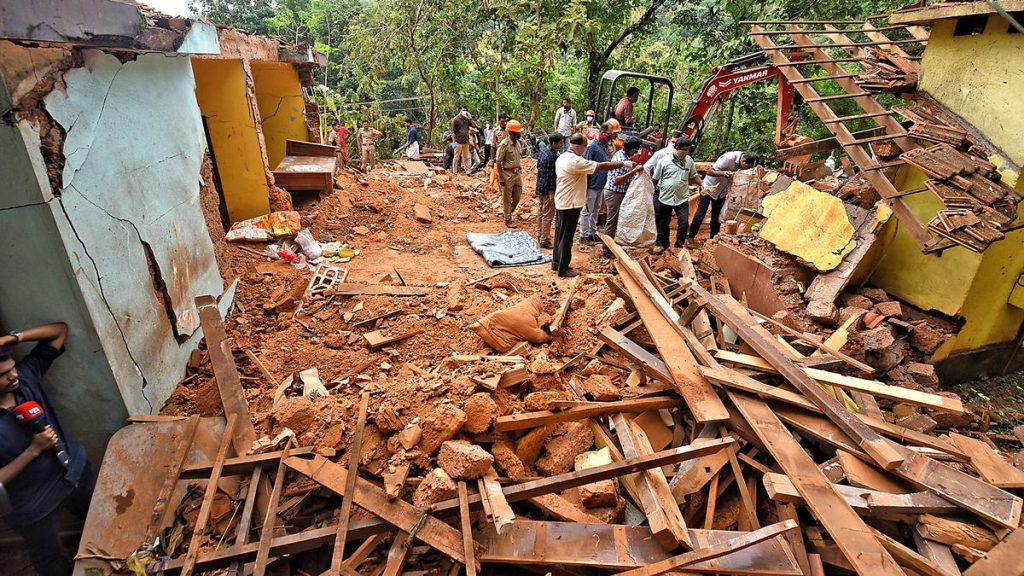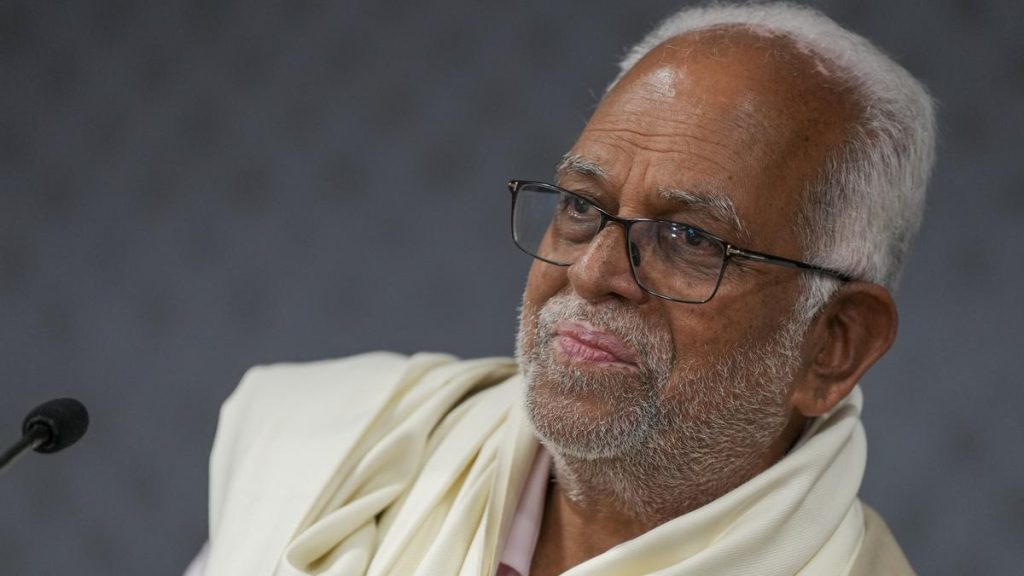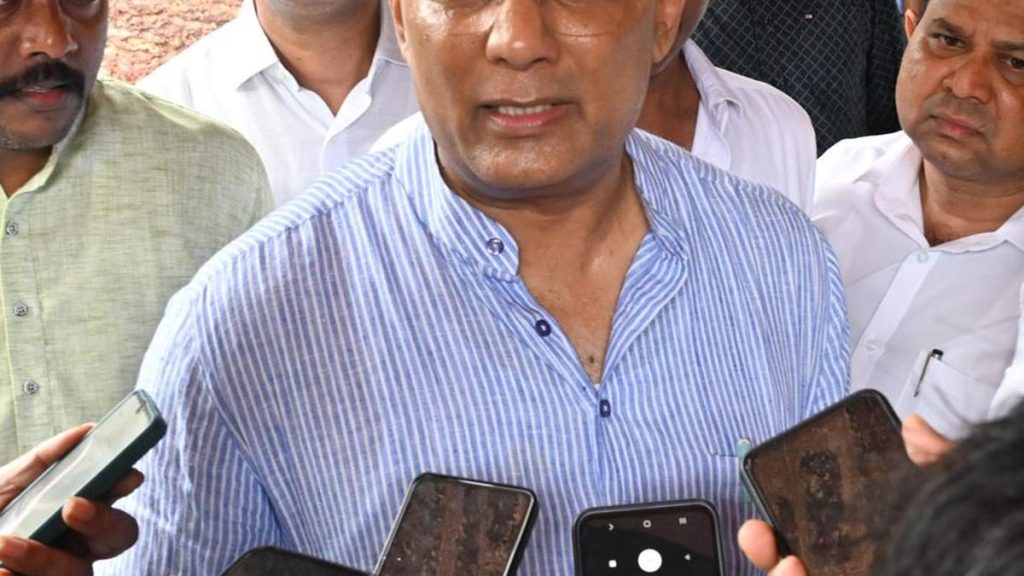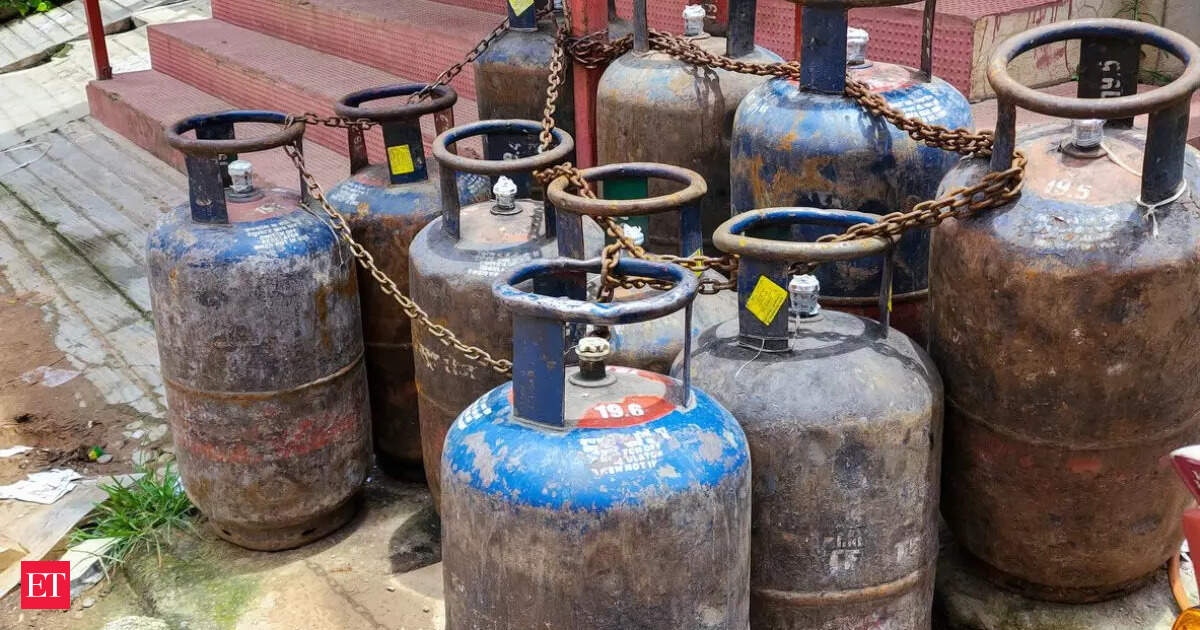Now Reading: Jarange Vows to Intensify Protest with Water Fasting
-
01
Jarange Vows to Intensify Protest with Water Fasting
Jarange Vows to Intensify Protest with Water Fasting
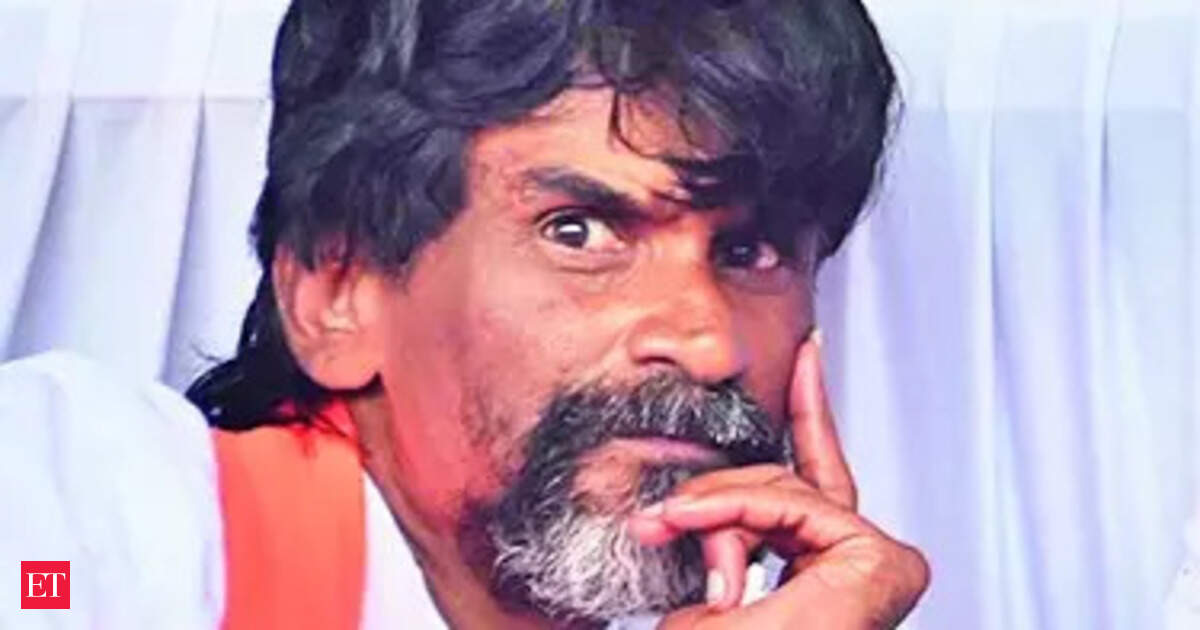
Quick Summary
- Leader’s Protest: Maratha leader Manoj Jarange Patil, on a three-day hunger strike in Mumbai’s Azad Maidan, plans to escalate his protest by stopping water consumption starting Monday.
- Demand: He is seeking inclusion of the Maratha community in the OBC category to access reservation benefits in goverment jobs and education.
- Quote: jarange Patil stated he “will not leave Mumbai till we get a reservation” and challenged the Maharashtra government not addressing this demand.
- Political visit: NCP-SP leader Supriya Sule met Patil on Sunday and later urged the state government to resolve the issue promptly.
- Tensions at Venue: Following Sule’s visit, slogans were raised against her father Sharad Pawar, and a plastic bottle was thrown at her car as she departed.
Indian Opinion analysis
The escalation of Manoj Jarange Patil’s protest underlines deep-seated dissatisfaction among sections of the Maratha community over reservation policies perceived as inadequate or unresponsive to their demands. With an indefinite hunger strike extending toward severe measures such as abstaining from water intake, there is growing pressure on Maharashtra’s government for decisive action that balances constitutional limits with public sentiment.
Supriya Sule’s intervention reflects efforts by opposition leaders to mediate concerns but also exposes divisions within political sentiments surrounding long-standing grievances over caste-based reservations. The volatile habitat during her visit highlights potential sensitivity around this debate becoming politicized further.
For India, resolution mechanisms rooted in legal frameworks while respecting communal equity remain critical for ensuring progressive stability amidst complex identity struggles like these impacting various states frequently today. The state’s prompt response could define pathways toward mutually acceptable solutions without setting disruptive precedents for future protests involving critical policy areas like job quotas and educational access systems.


